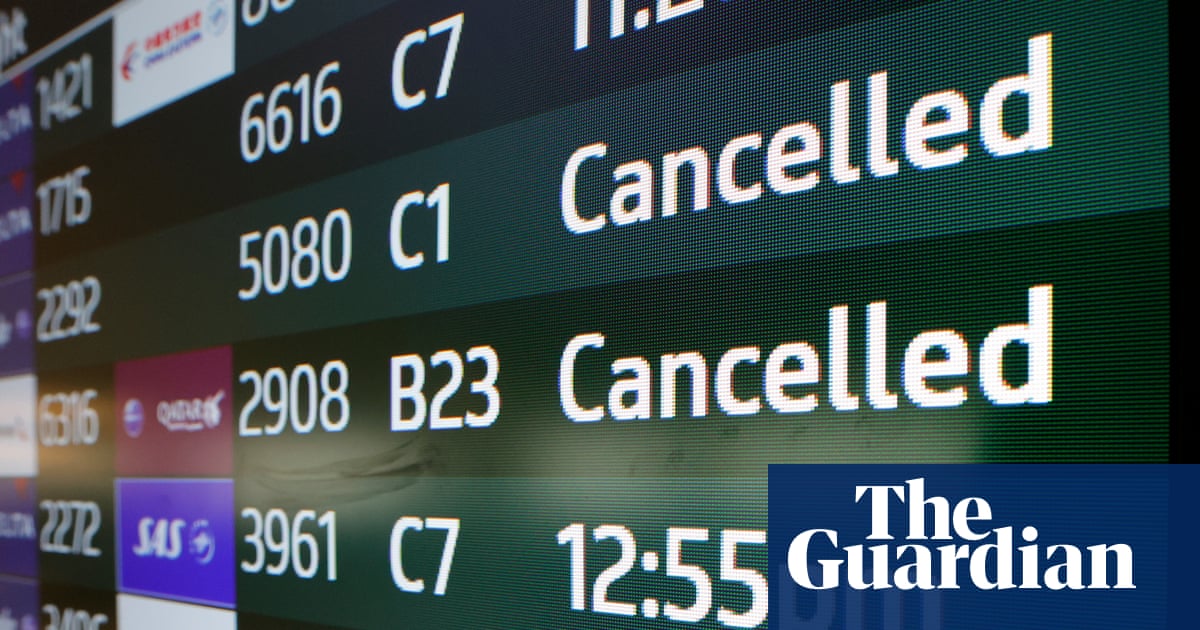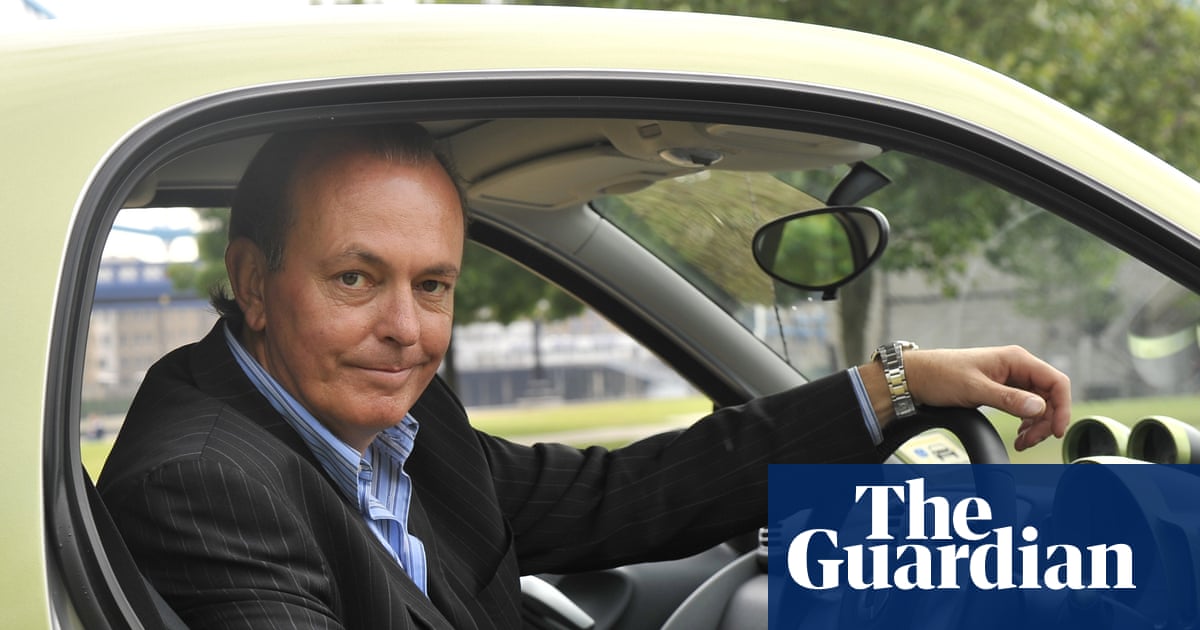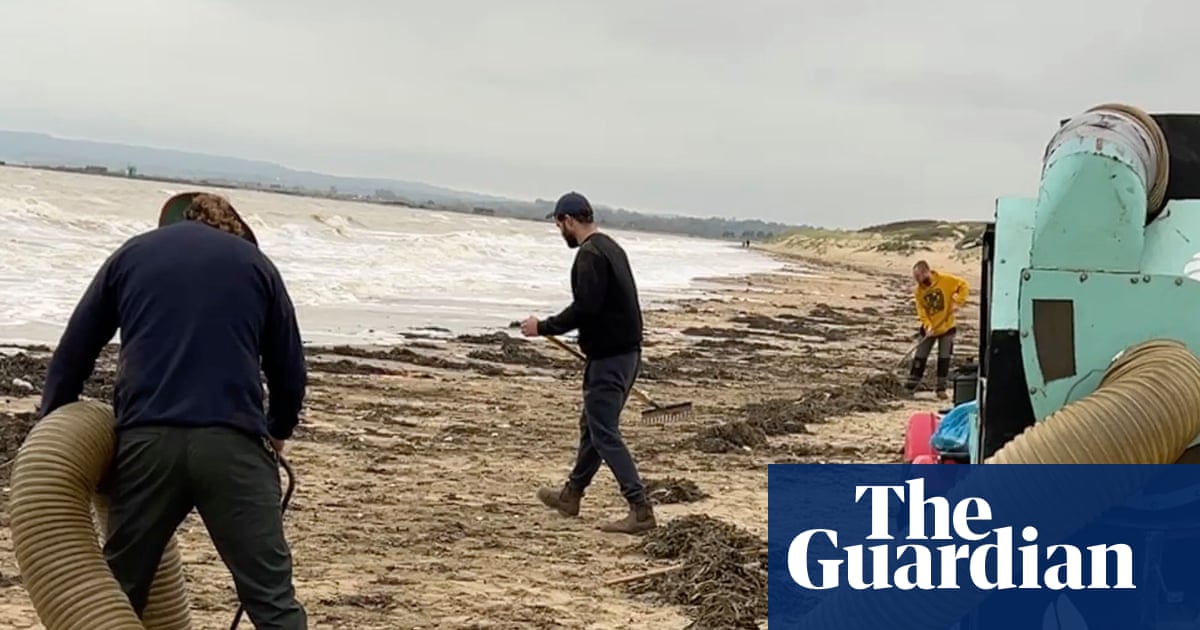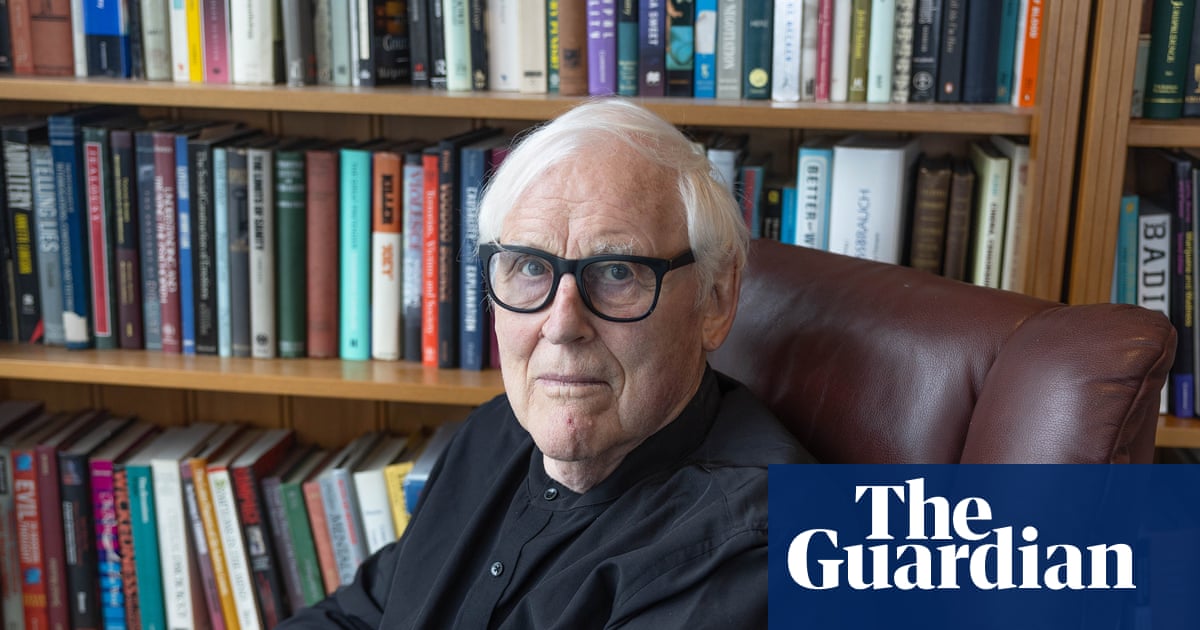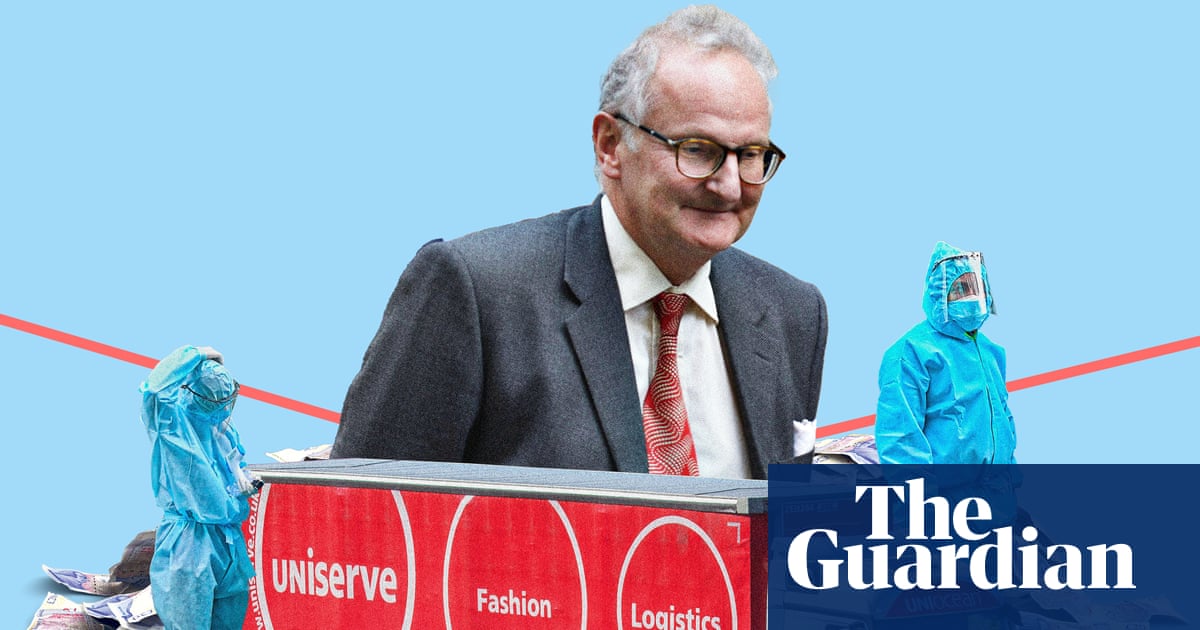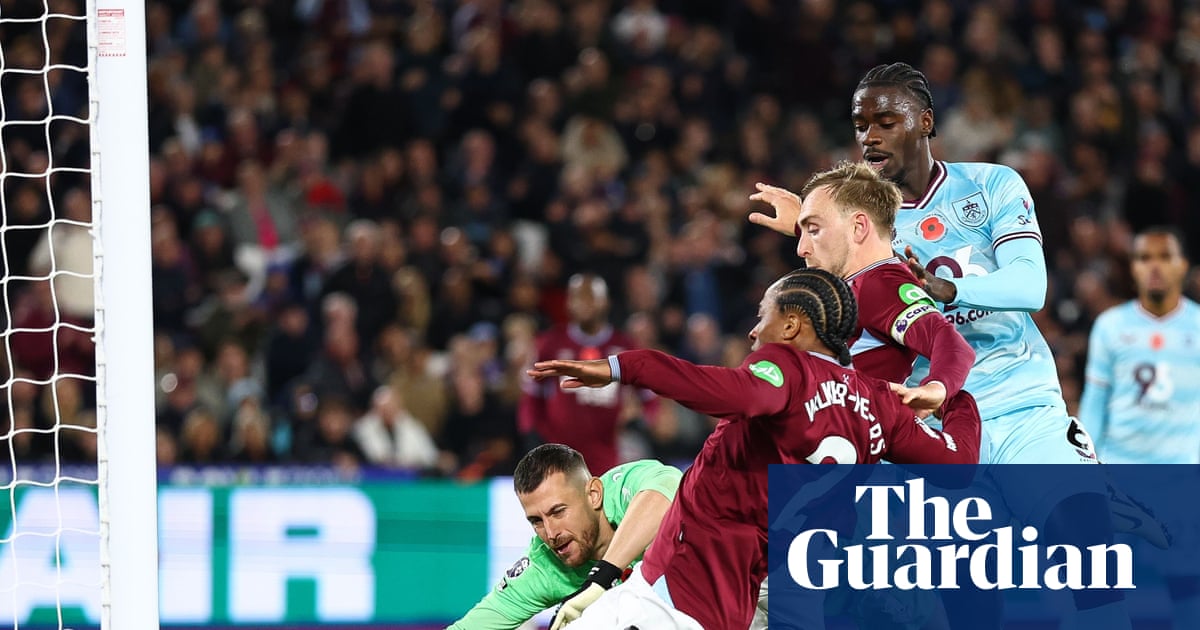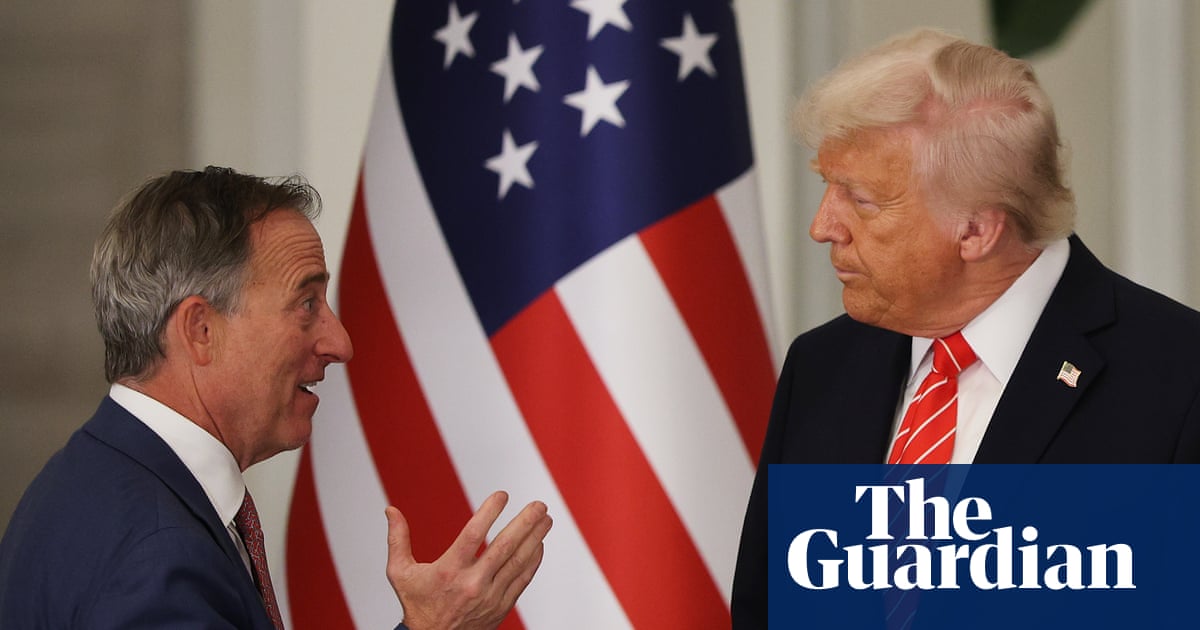It was an opportunity for Sir Pascal Soriot, as chief executive of AstraZeneca, the UK’s finest pharmaceutical firm, to kill the story stone dead if he wished. Does he want to move the company’s stock market listing to the US, as reported by the Times a few weeks ago? He declined to answer. Then he did something else: he turned his press conference after Tuesday’s half-year numbers into a declaration of love, more or less, for all things American.
“The US is the country in our industry where innovation is taking place,” he said, noting that half the group’s sales will be in the US by 2030. The new multibillion-dollar manufacturing facility in Virginia – part of a $50bn investment in the US over the next five years – had progressed to signoff in 33 days. The US administration is considering AstraZeneca’s proposals for reducing medicine prices for Americans. “We are a very American company,” said the French-Australian Soriot at one point, name-checking his various American senior colleagues.
True, he also said AstraZeneca is “committed” to the UK, but he was referring directly to sites such as the £1bn research and development in Cambridge, rather than the stock market listing. An analysis followed on the failings of Europe, the UK included, versus the US and China in terms of backing pharmaceutical innovation. The US invests 0.8% of its GDP in the sector, he said, versus 0.3% in Europe. He wished the UK could aim for 0.5%, and then 0.6%, to provide a bit of competition.
What to make of this (clearly) preplanned response? One could shrug and say any chief executive of a globally active pharmaceutical company would be foolish not to sing the praises of the US at a moment when its president is throwing tariffs around and has steep local drug prices in his sights. Shifting investment to the US makes sense in that context. Also, Soriot’s grumbles about Europe are not new. The specific frustrations with the UK flow from the price the NHS pays for prescription medicines plus the value-for-money rules that are applied to new drugs. Most pharma companies make similar noises on that score.
Yet the stock market listing – the bit Soriot left hanging in the air – is the new angle here. It would have been a simple matter for him to say, as many other large FTSE 100 companies with large US operations do, that there is no tension between a London listing and an increased operational focus state-side. But he didn’t.
The government should take note. A relisting would be expensive for AstraZeneca if it included a redomicile (and, otherwise, what’s the point?), but ministers cannot rule it out, or just assume Soriot is making a power-play as part of the industry-wide negotiations on medicine prices. The stakes here are too high for complacency. A defection by the UK’s largest quoted company would blow a hole in two government missions: firstly to inject life into the London stock market, and secondly to make the UK a “life sciences superpower”.
Unfortunately, the government is also starting on the back foot with AstraZeneca after the fiasco with the £450m Speke vaccine plant in Liverpool. Accounts are disputed but the most plausible reading is that the company lost patience after the Treasury tried to shave a few million quid off the support package agreed under the last government. Whatever the details, the result was for a terrible own-goal for a “pro-growth” government.
after newsletter promotion
The government’s other difficulty is the lack of cash to throw at NHS medicines, the factor that may persuade Soriot to start talking enthusiastically about AstraZeneca’s British roots once again. One hopes political cogs are turning behind the scenes because something has to give. If Soriot still isn’t committing publicly to the UK listing in six months’ time, there is a big problem.

 3 months ago
107
3 months ago
107
